Well, this is quite a lot. Please note, this is a scheduled article that was queued after a kind of years of stuff, so this list may be a bit outdated by now.
I can tell ya, due to my habit to be as self-reliant as possible, the list is quite long, and a lot of tools were written by myself, and I'll mention both my own tools as 3rd party tools.
Visual Studio 2019
Currently I use C++ to set up the core of my game engines. BallPlay++ and the new version of Star Story and anything later than that, has a good chance of having a C++ core if not entirely being written in C++. It's not that I like the language, but due to most of the libraries I need being for either C or C++ and conversions and linkups to "better languages" are quite often done poorly or discontinued without a warning, I was a bit condemned to this. For quick tools I mostly use C# to write them. For all of that I use Visual Studio to edit.
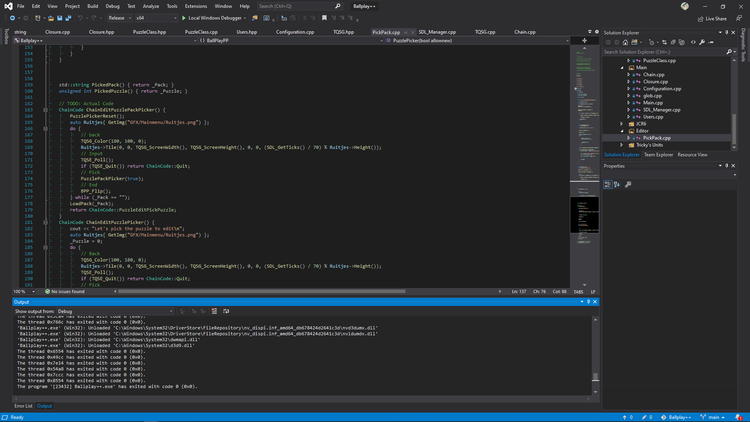
Microsoft C++
Well, that is how VS2019 goes, eh?
C#
I said it above
Go
Sometimes I need very small console programs for very quick pre-generated data. Go is perfect for that.
BlitzBasic (Blitz3D)
I don't use it for game development itself anymore, but some nice graphic effects can be nicely pre-rendered with that, and quite often much quicker than graphic programs can. As BlitzBasic has a very quick and stable compiler it does what it has to do for this kind of work. Although meant to make full games, I don't use it for that anymore.
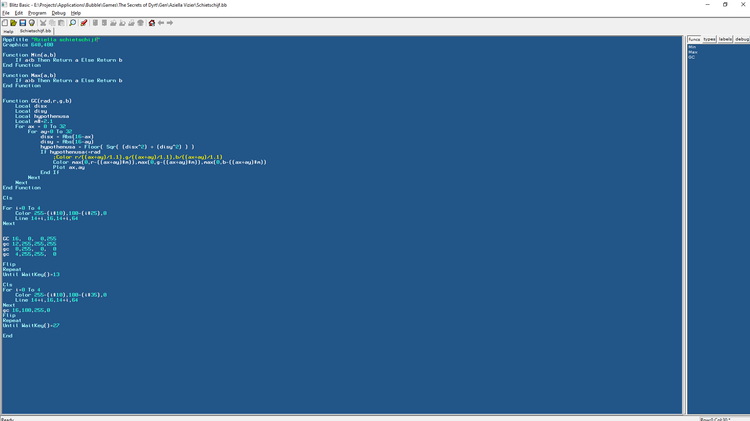
MyData
MyData is a very extremely simplistic database program, I developed myself (in C#) that I use most of all in my RPG games. All spells, items and other kinds of actions were made with it. MyData can export to Lua, NIL, Neil, JSON and XML. It does not have the sophistication of a SQL based database, but for game development it hits it where it counts... well at least for me.
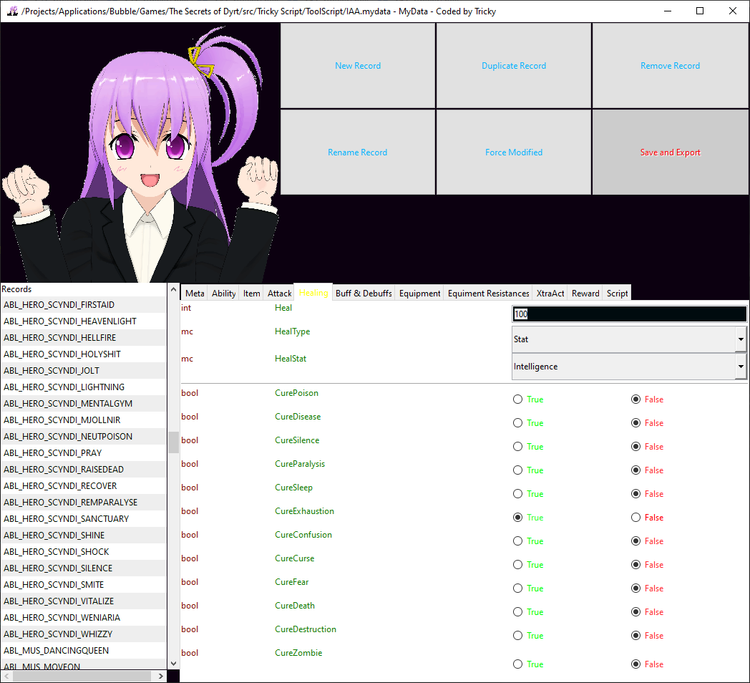
Kitty
Kitty is a simple CLI tool that I created myself (and of which FreezerNik did a lot of contributions) which just makes a quick output of source code with syntax highligh on the console. This sometimes saves me the trouble of having to open all source codes in IDEs when I only have to make a few quick checkups.
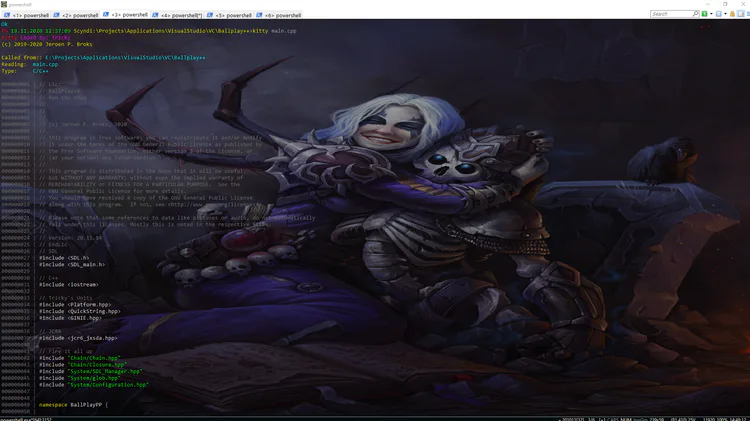
Console Emulator
The default console of Windows Sucks, and I use the console A LOT. Console Emulator does allow me a bit more, and as you can see in the screenshot above, it does allow me a wallpaper.
PowerShell
I prefer PowerShell above the normal DOS prompt that "cmd" provides. This because PowerShell is a lot more powerful and allows me to do a lot more. Whoever checked my github repositories may have seen several PowerShell scripts that I used for many many things.
Deluxe Paint
One of the oldest tools in this list maybe. Originally developed for the AMIGA, but it also has a DOS port. Deluxe Paint runs perfectly in DOSBOX. The balls I used in my BallPlay games were created in that. Deluxe Paint has some features that most modern programs no longer provide but which are still useful. Downsides though, it's limited to 256 colors and has no transparency. It also only understands PCX and LBM format which are formats not in use anymore today, but hey Deluxe Paint is not the only tool I use.
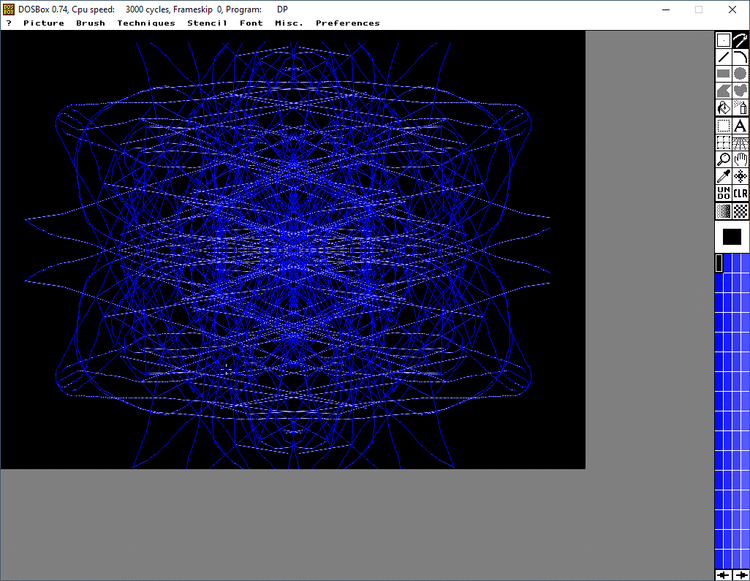
GIMP
Formerly known as "The GIMP" or the GNU Image Manipulation Program. I am not a big fan of it, as it's horrible for pixel art, but it has many other features very useful to me.
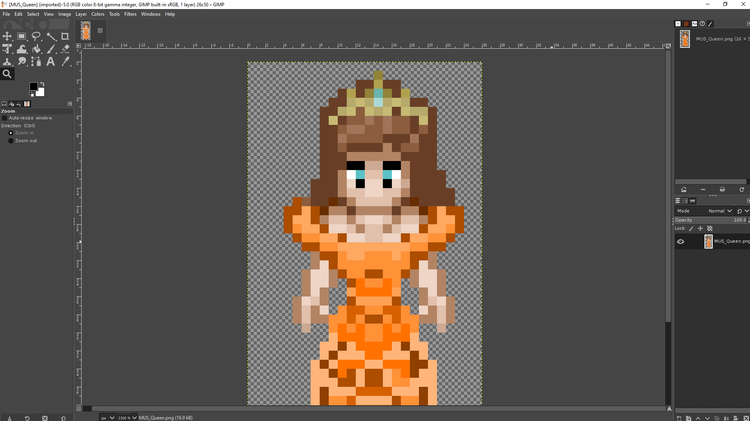
Best of all, it's free. It's also able to import PCX files, so GIMP allows me also to use Deluxe Paint.
Audacity
I a not really a audio man, but Audacity is still a wonderful tool for me. I use it to make sure all music and sound effects are in a format my engines understand (I avoid mp3, due to the strict patent rules on that format making it a no go for CC and GPL licensed stuff). Audacity was also used to record the voice acting in The Fairy Tale REVAMPED.
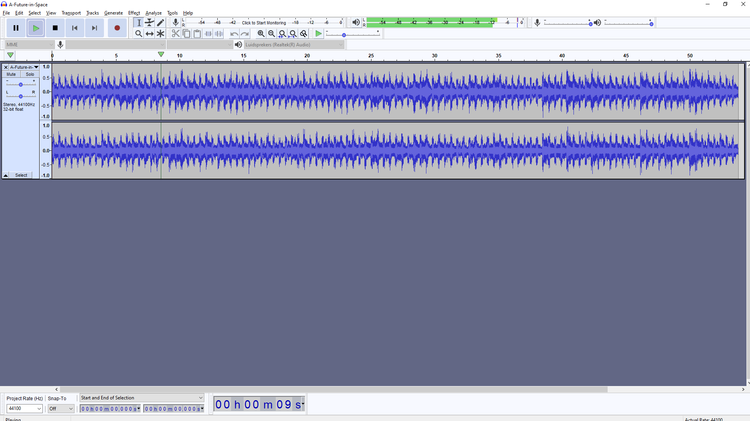
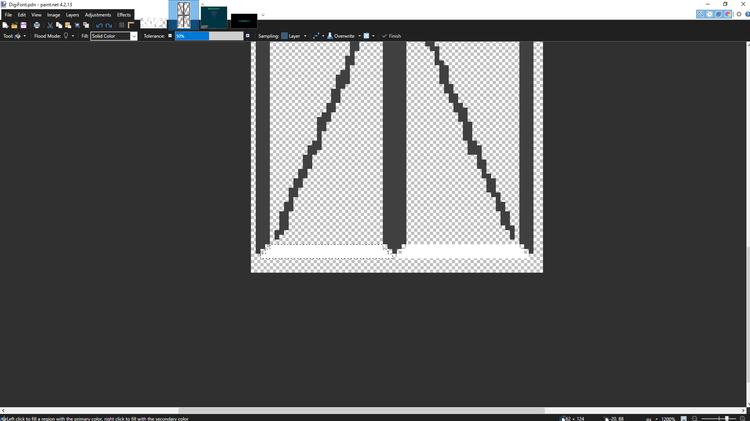
Not really the best for Pixel Art, but better than GIMP and on Windows there are not really good alternatives so far. PAINT.NET allows me to work more on pixel level than GIMP does, though.
Lua
Scripting engine. It's fast free, and easy to program for.
Neil
Extension language to Lua I created myself. It's stricter in use than Lua, and therefore better for bug prevention. Neil also has a dedicated class support which Lua does not have.
Geany
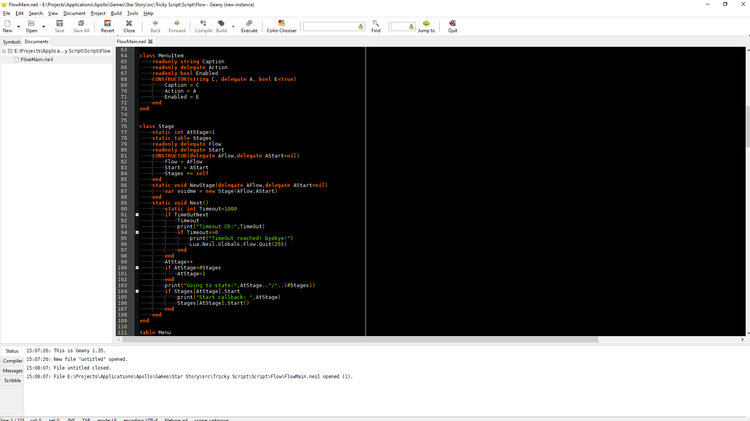
For editing scripts. It was quite hard to make it do syntax highlight on Neil (which it does not support well, but it's better than nothing). Geany is also used for quick config files, other text based stuff.
ScenLang
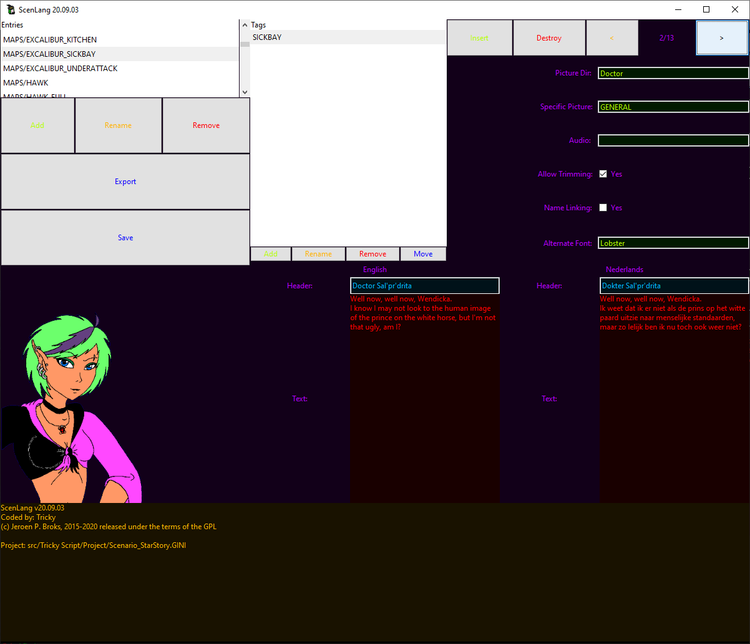
Another quick tool I developed myself. ScenLang allows me to quickly and easily set up all scenario text in my RPG games and other scenario based games, and also allows me to quickly add the Dutch translations, making my scenarios bilingual. ScenLang is customizable to add more languages making translations to other languages easy, so whoever is interested to translate my RPG games to a language I don't know, this program may be able to help you, once you know how to use it ;)
Kthura
The Kthura Map Editor was used in ALL my RPG (except for the original version of Dyrt) featured here on Game Jolt.
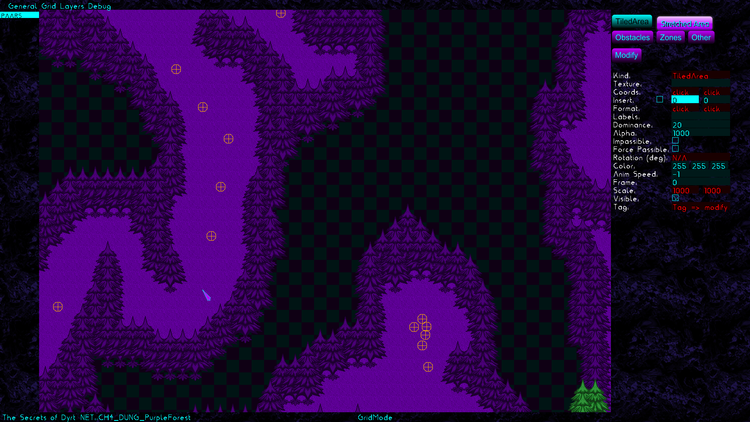
Kthura is an object oriented two dimensional map system. It allows me to do many things a regular map system does not provide, like tilting objects a few degrees, making objects transparent otherwise solid, I can use the default grid, but I'm free to defy this grid, I can make objects bigger, smaller, you may have seen that torches do NOT all animate at the same speed, well it contains a lot of neat functions. I wrote libraries for usage of Kthura maps in both C# and C++ (although when you use Kthura in C++ you must note that Kthura uses lzma compression by default which my C++ library does not YET (on the moment I wrote this) support, which is just a matter of proper configuring things).
Apollo Game Engine
An scripting engine based on Lua and Neil specifically designed for RPG games, and which uses Kthura and other things and yes, I developed it myself in C++.
In the past I had LAURA, LAURA II, NALA, but due to some issues I now use Apollo, and I hope I don't have to make an entirely new engine ever again, but, who knows... :-/
JCR6
"JCR" stands for "Jeroen's Collected Resource", and is a kind of package program. It could be seen as a kind of zip file, but is on several points by far more sophisticated, but in many ways also not. JCR6 is not written for data exchange the way zip is used, but for games it's perfect. JCR6 is modular allowing me to make it compatible with all compression methods in existstance without modifying the source code, but simply adding drivers to it. The file format Kthura and ScenLang use is also based on JCR6, and JCR6 has some neat merging and patching systems. This makes it easy to make my RPG games with and without music. I have libraries now for C# and C++ that are still maintained. I used to have drivers for BlitzMax and Python as well, although I no longer actively maintain them. In most of my games JCR6 is used for packaging the scripts and assets.
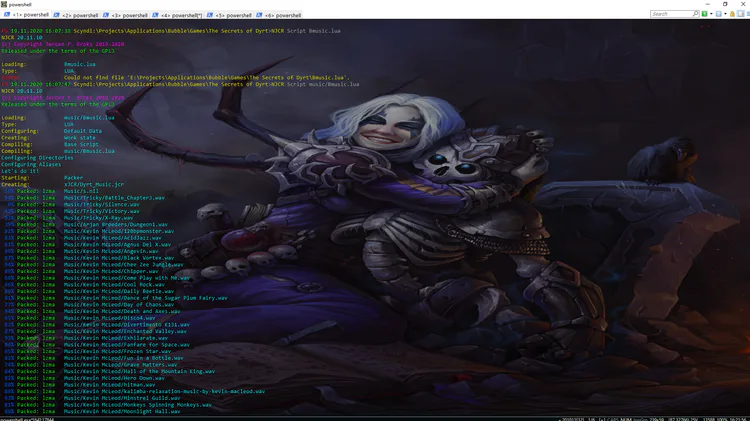
I hope I got them all, as the tools I use can also switch depending on what I need for certain projects. This is what I use to develop my games. Neat, huh?
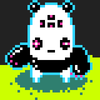
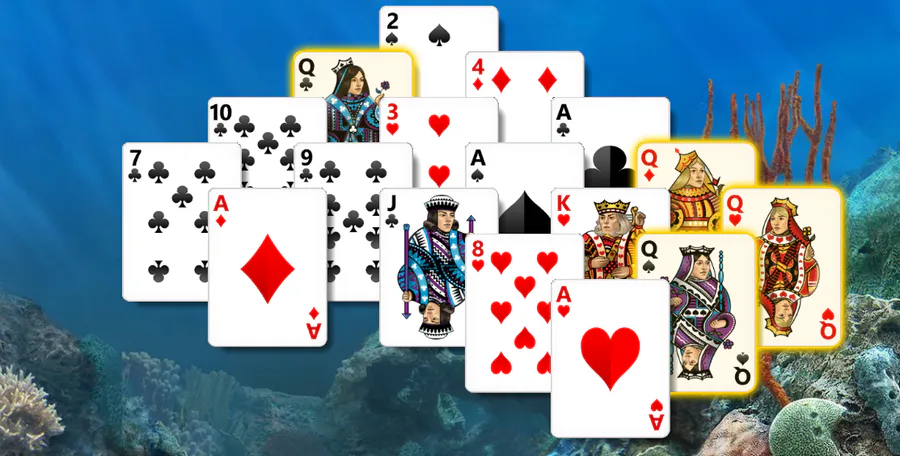


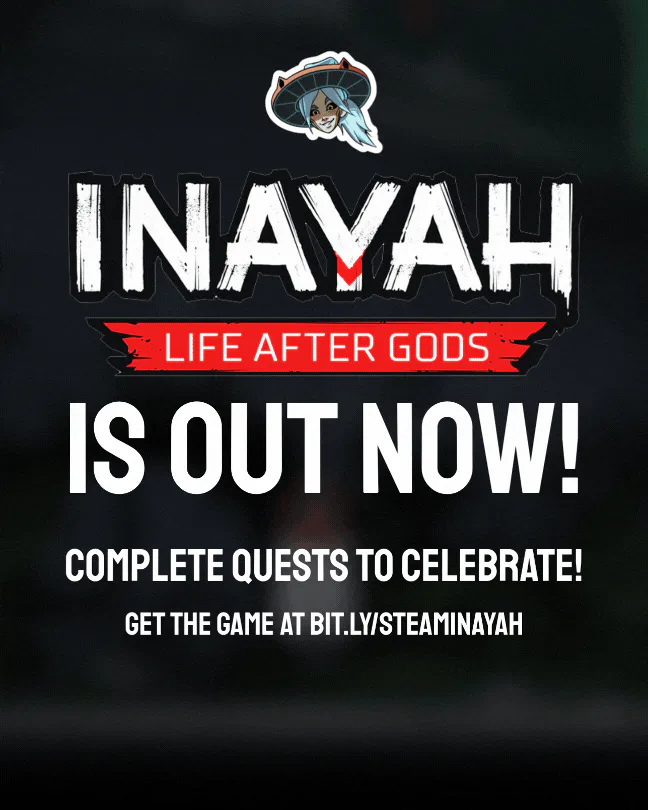
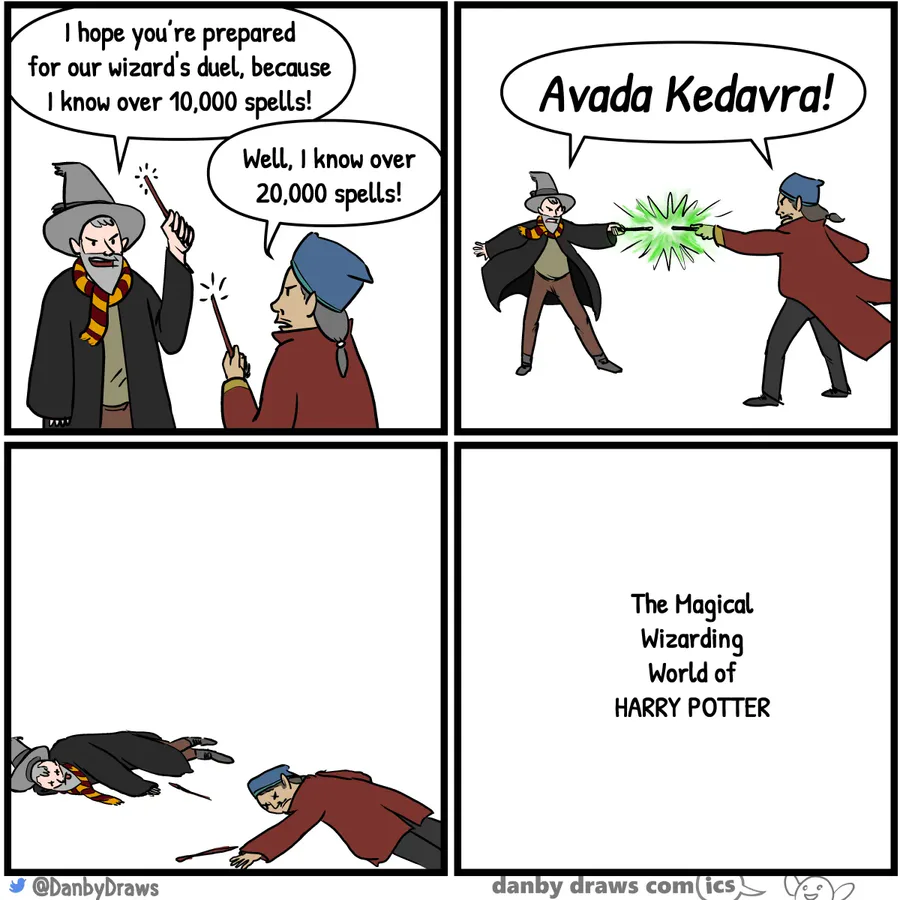
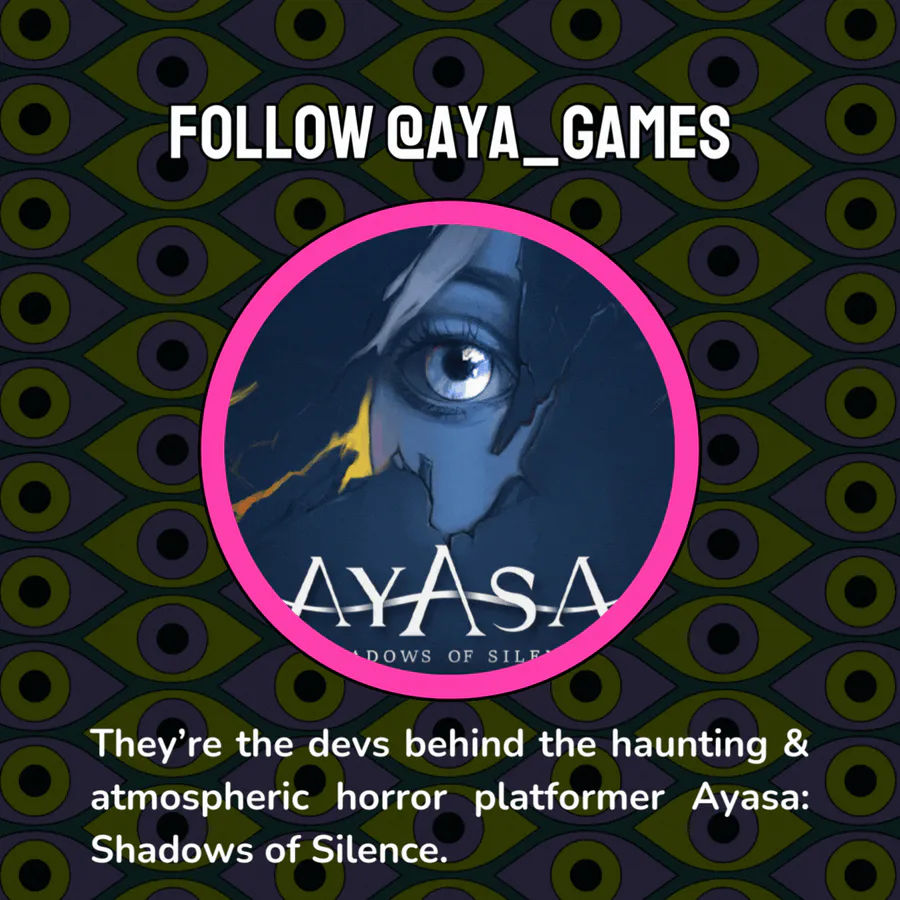

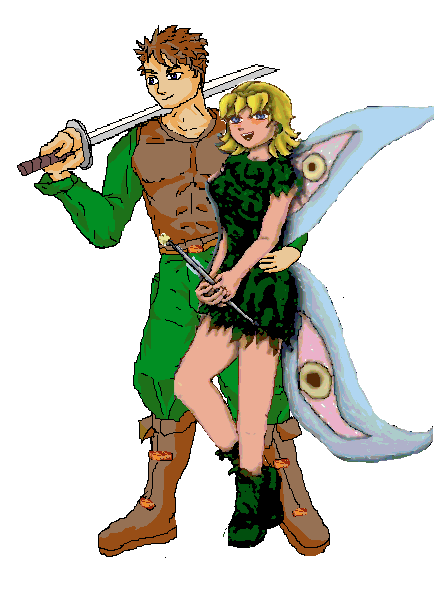
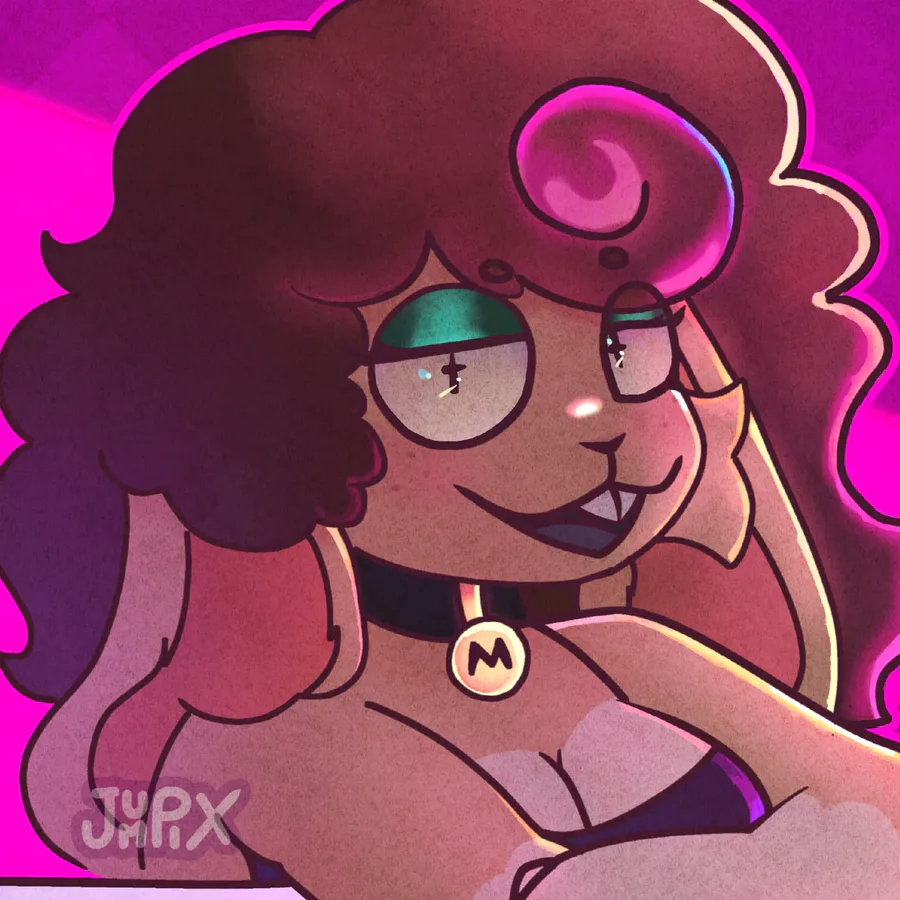
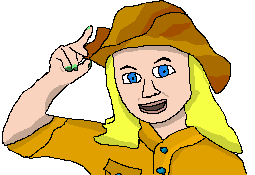
3 comments